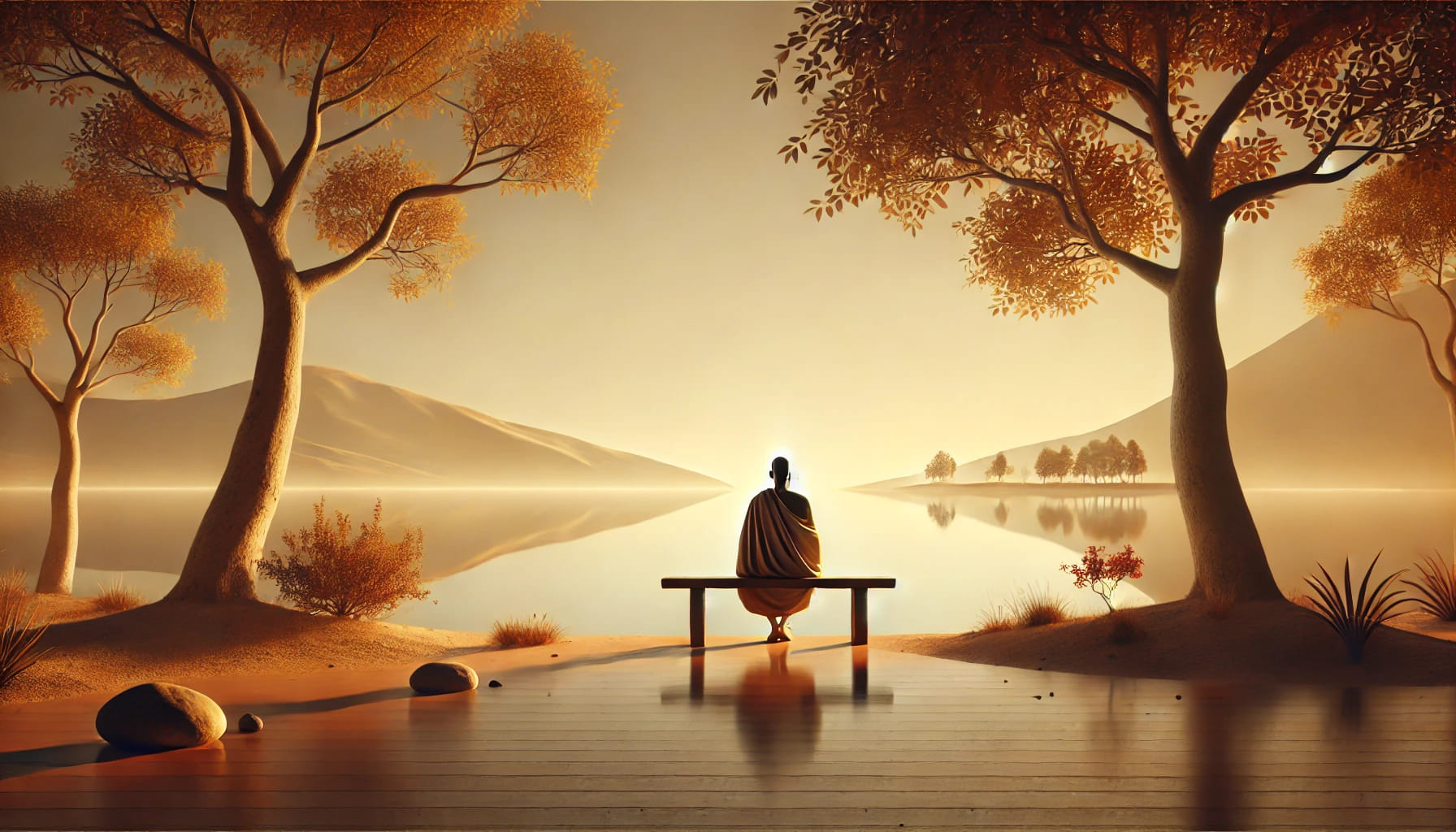In a world filled with distractions, material excess, and endless obligations, many people seek a way to live with greater clarity and purpose. Stoic Minimalism offers a powerful solution by merging the principles of Stoicism with minimalist living. By focusing on what truly matters and letting go of unnecessary desires, we can cultivate inner peace, resilience, and freedom.
What Is Stoic Minimalism?
Stoic Minimalism is the practice of applying Stoic philosophy to simplify life and reduce attachment to material possessions, social pressures, and fleeting pleasures. While traditional minimalism focuses on decluttering and reducing physical belongings, Stoic Minimalism goes deeper—it challenges us to simplify our thoughts, emotions, and desires.
The Stoics, including Epictetus, Seneca, and Marcus Aurelius, emphasized that external possessions and status do not define happiness. Instead, true contentment comes from developing virtues like wisdom, courage, justice, and self-discipline. By embracing Stoic Minimalism, we learn to detach from the unnecessary, focus on what we can control, and find fulfillment in simplicity.
Letting Go of Material Excess
One of the key aspects of Stoic Minimalism is reducing dependence on material goods. Seneca, a wealthy Roman philosopher, warned against becoming a slave to luxury. He often practiced voluntary discomfort—such as eating simple meals or sleeping on the floor—to remind himself that happiness does not depend on comfort.
Applying this lesson today does not mean rejecting all possessions but rather re-evaluating their necessity. Ask yourself:
- Do I own things that add no real value to my life?
- Am I buying items to impress others or to fulfill a genuine need?
- Would I still be content if I had less?
By adopting a minimalist mindset, we shift our focus from acquiring more to appreciating what we already have. This reduces stress, saves money, and fosters a sense of gratitude.
Simplifying Mental and Emotional Clutter
Beyond material possessions, Stoic Minimalism teaches us to declutter our minds. Many people suffer from unnecessary worries, overthinking, and emotional baggage. Stoicism encourages us to distinguish between what we can and cannot control.
Marcus Aurelius, in his Meditations, reminded himself: “You have power over your mind—not outside events. Realize this, and you will find strength.” Instead of wasting energy on things beyond our control—such as other people’s opinions or unpredictable events—we should focus on cultivating inner peace.
Here are some ways to practice mental and emotional minimalism:
- Avoid negative self-talk and unnecessary worry.
- Limit exposure to news, social media, and toxic relationships that do not serve you.
- Practice journaling or meditation to clear your mind.
- Set priorities and say no to commitments that drain your energy.
By decluttering our thoughts and emotions, we create space for clarity, focus, and inner calm.
Living with Purpose and Intention
Stoic Minimalism is not about simply having less—it is about making room for what truly matters. The Stoics believed in living according to reason and virtue rather than chasing fleeting pleasures. This means setting clear priorities and aligning our actions with our values.
To apply this principle in daily life:
- Define your core values and ensure your actions reflect them.
- Pursue meaningful relationships over superficial connections.
- Focus on experiences and personal growth rather than material success.
- Practice gratitude for what you have instead of longing for more.
By adopting a minimalist lifestyle rooted in Stoic wisdom, we gain a sense of purpose and fulfillment that is not dependent on external circumstances.
Conclusion: Stoic Minimalism
Stoic Minimalism is a powerful way to simplify life and amplify peace. By letting go of material excess, decluttering our minds, and living with intention, we free ourselves from unnecessary stress and distractions. This practice helps us cultivate gratitude, resilience, and true contentment—proving that less can truly be more.

